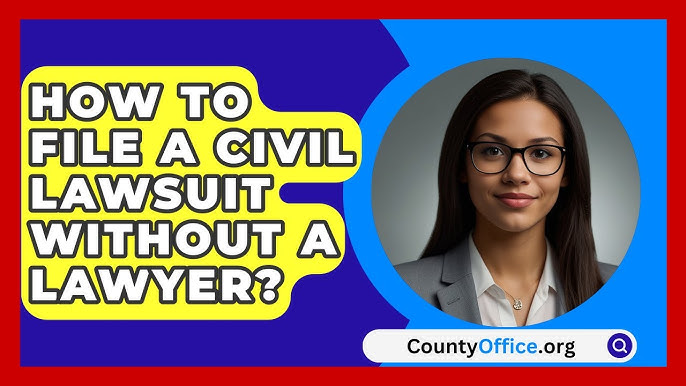How to Choose the Right Lawyer for Your Case: A Complete Guide
Choosing the right lawyer for your case is a critical decision that can significantly impact the outcome of your legal matter. Whether you’re dealing with a personal injury, a business dispute, or any other legal challenge, having the right representation is essential. But with so many lawyers out there, how do you know which one is the best fit for your specific situation? This guide will walk you through the key factors to consider when selecting a lawyer, ensuring that you make an informed decision.
Understand the Type of Lawyer You Need for Your Case
One of the first steps in choosing the right lawyer is determining the type of lawyer you need. Lawyers specialize in different areas of law, such as criminal law, family law, personal injury, business law, and more. It’s crucial to select a lawyer who has experience and expertise in the area related to your case. For instance, if you’re dealing with a car accident claim, a personal injury lawyer would be the best fit. Take the time to research and identify the legal area that matches your case to find a lawyer who is most equipped to handle your specific issue.
Consider the Lawyer’s Experience and Reputation
Experience matters when it comes to legal representation. A lawyer with years of experience in handling cases similar to yours will likely have the knowledge and skills necessary to navigate the legal system effectively. Additionally, researching a lawyer’s reputation is vital. Look for reviews and testimonials from previous clients, as well as any recognitions or awards the lawyer may have received. A strong reputation and extensive experience in your legal area are key factors in ensuring that your lawyer can provide you with the best possible advice and representation.
Evaluate Communication and Accessibility
Effective communication is crucial in any legal case. When meeting with a potential lawyer, assess how well they communicate with you. Are they clear in their explanations? Do they take the time to answer your questions and concerns? Accessibility is another important factor to consider make sure the lawyer is responsive and available when you need them. Having a lawyer who communicates promptly and clearly will ensure that you stay informed throughout the legal process.
Review the Lawyer’s Fees and Payment Structure
Understanding the lawyer’s fees and payment structure is essential to avoid surprises down the road. Lawyers typically charge in one of three ways: hourly rates, flat fees, or contingency fees. Hourly rates are common for general legal services, while flat fees might apply to straightforward legal matters. For personal injury or other cases with financial damages, lawyers may work on a contingency fee basis, meaning they only get paid if you win the case. Be sure to discuss fees upfront and clarify how and when payments are expected, so you can make an informed financial decision.
Meet with Multiple Lawyers Before Making Your Decision
Before committing to a lawyer, it’s a good idea to meet with a few candidates. Many lawyers offer free initial consultations, which provide an opportunity to discuss your case and evaluate their approach. During these meetings, pay attention to how comfortable you feel with the lawyer, as well as their level of professionalism and expertise. Comparing multiple lawyers will help you find the one who feels like the best fit for your case and your personal needs.
FAQs About Choosing the Right Lawyer
1. How do I know which lawyer specializes in my case?
Research the lawyer’s practice areas and look for one with specific experience in the type of legal issue you’re facing, such as personal injury, criminal defense, or family law.
2. What should I look for in a lawyer’s reputation?
Look for reviews, testimonials, professional awards, and recognitions. A reputable lawyer should also have a history of successful outcomes in cases similar to yours.
3. How do lawyers charge for their services?
Lawyers typically charge hourly rates, flat fees, or contingency fees. Make sure you understand their fee structure before hiring them.
4. Should I meet with multiple lawyers before making a decision?
Yes, meeting with multiple lawyers allows you to compare their approaches and choose the one who makes you feel most comfortable and confident in their abilities.
5. How can I ensure my lawyer communicates well with me?
During your initial meeting, pay attention to how clearly and promptly the lawyer communicates. Ensure that they take the time to listen to your concerns and explain things in a way you understand.



